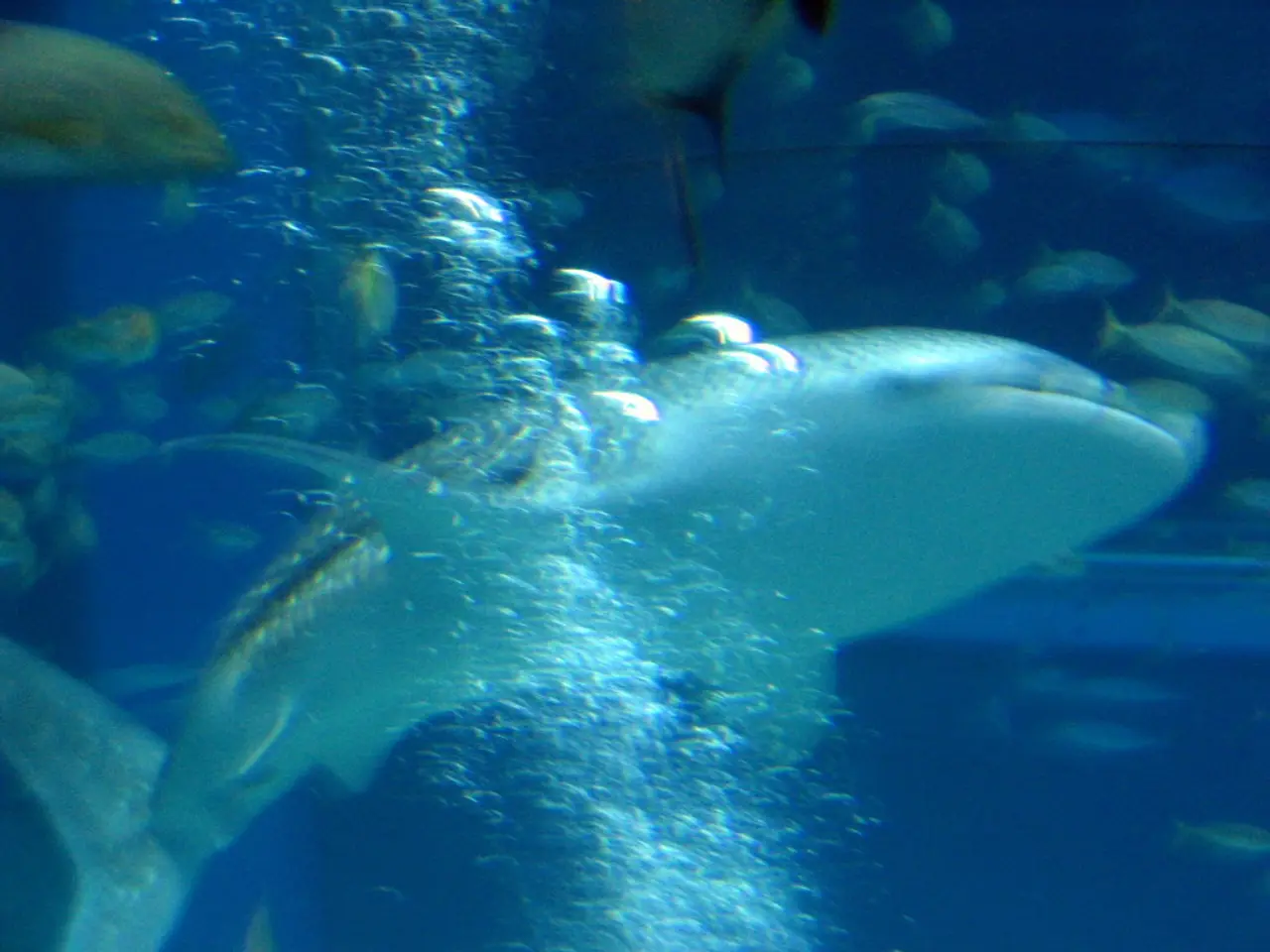Shark Fear Justified? Experts Provide Their Opinions
In the vast expanse of the ocean, sharks are often perceived as fearsome predators, a threat lurking in the depths. However, this fear is often unfounded, and knowledge is our greatest ally in navigating the sea of uncertainty.
Sharks play a crucial role in maintaining balance in marine ecosystems. They help regulate the population of various marine species, ensuring a healthy and thriving ocean. Contrary to popular belief, the majority of shark species pose no threat to humans. They prefer feeding on fish and marine mammals, and even the young ones will usually move away if we get too close.
Great white sharks, often portrayed as dangerous to humans, have been involved in only 13 fatal attacks in the past 114 years on the West Coast. Over the past century, there have been approximately 180 unprovoked shark attacks in this region, showcasing the low risk that shark bites pose to humans. Even in years with high shark sightings, such as 2014 at Manhattan Beach with 14 great white shark sightings, provoked attacks remained rare occurrences.
The statistics consistently demonstrate the low probability of encountering these creatures in a harmful way. Experts have debunked the idea that sharks are intentionally seeking out humans to bite them. Sharks, even the young ones, avoid humans and don't view them as prey.
Common misconceptions about sharks include the beliefs that all sharks are fierce, mindless killers, that they must keep swimming constantly to survive, and that sharks pose a large, indiscriminate danger to humans. In reality, many shark species such as whale sharks and basking sharks are gentle plankton feeders; some sharks like nurse sharks can rest while pumping water over their gills and do not need to swim nonstop.
These misconceptions harm shark conservation efforts by fostering unnecessary fear and negative attitudes toward sharks. Educational efforts can dispel myths by providing accurate information about shark behavior, diversity, and ecological roles. For example, highlighting that many sharks are not aggressive and explaining their role in maintaining marine ecosystem balance can reduce public anxiety.
Hands-on experiences like safe shark swimming guided by experts help people develop a more realistic and appreciative understanding of sharks, empowering them to spread positive messages about shark conservation. Additionally, clarifying species differences (e.g., blacktip reef sharks versus blacktip sharks) helps avoid confusion and supports species-specific conservation strategies.
Public education campaigns that correct misinformation and promote advocacy can mobilize community support against threats like overfishing, which impact shark populations more than sharks impact people. Understanding human-shark interactions is important for dispelling the fear of sharks and promoting conservation efforts.
In summary, addressing common shark myths through science-based education and positive experiences is key to alleviating fear, promoting coexistence, and advancing shark conservation. When shark attacks do happen, they're often cases of mistaken identity or curiosity rather than intentional aggression. Conservation efforts not only safeguard sharks but also contribute to the overall health of our oceans.
Science plays a vital role in debunking common misconceptions about sharks, providing accurate information about their behavior, diversity, and ecological roles to promote shark conservation. For instance, hands-on experiences like safe shark swimming with experts can help the public develop a more realistic understanding of sharks and their role in fitness-and-exercise (swimming) and health-and-wellness (ecosystem balance) in the ocean. Furthermore, sports-analysis reveals that shark attacks on humans are often cases of mistaken identity or curiosity, rather than intentional aggression, contributing to the overall health-and-wellness of our oceans and marine life by alleviating fear and fostering coexistence.




